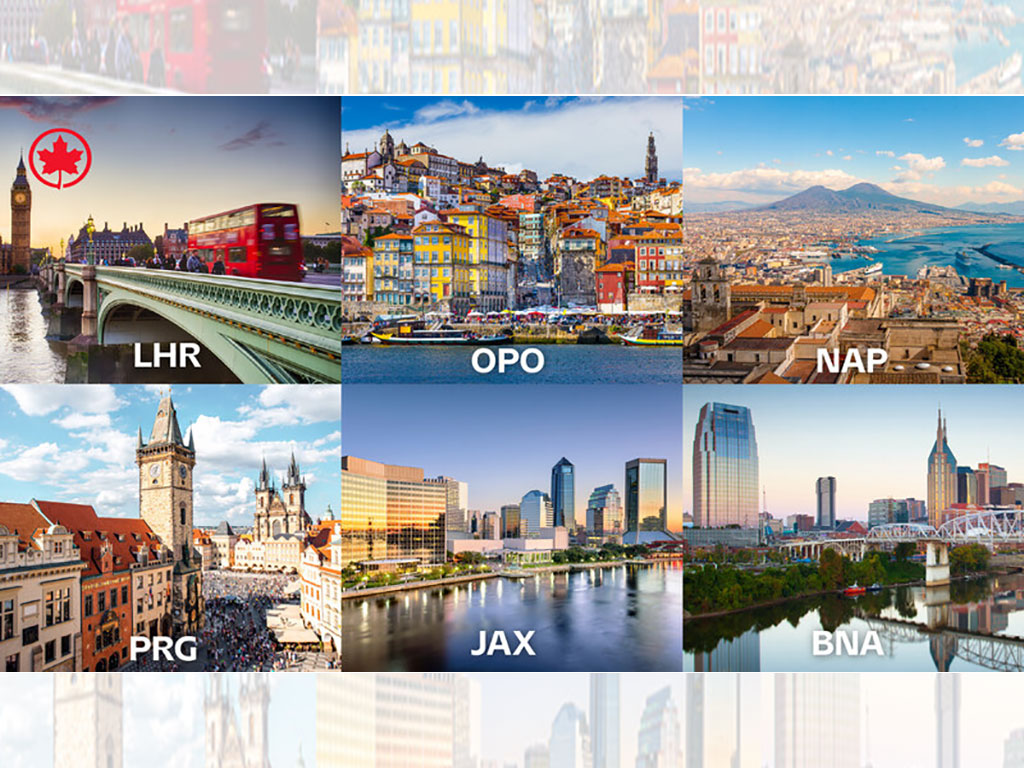Closing Borders Is Not The Answer

Seven global travel industry associations – including ASTA, the Association of South African Travel Agencies (ASATA), ACTA, the Caribbean Hotel and Tourism Association (CHTA), the European Travel Agents’ and Tour Operators’ Associations (ECTAA) and the World Travel Agents Associations Alliance (WTAAA) – argue that closing borders and implementing new travel restrictions is “putting already vulnerable businesses at further risk.”
The groups represent hundreds of thousands of people who work at travel agencies and related businesses around the world and they are calling on government leaders globally to expedite the lifting of all country- and region-specific travel bans.
In a joint statement, the seven associations note that when elected officials make public policy decisions in the interest of public health, those governments have an obligation to provide financial resources to those industries and individuals most affected by their decisions.
They point out that closing borders and implementing new restrictions affects untold millions of employees in the travel and tourism industry; observing that already vulnerable businesses are put at further risk from ever recovering, while government revenues continue to be eroded due to the loss of economic activity from the industry, which represents one in every ten jobs globally according to the World Travel and Tourism Council.
The joint statement says that recent and more stringent border closures have severely impacted already-complex international travel.
And it states: “We collectively call on global government leaders to follow the best available science when determining border measures, including testing and prohibitions. Many countries follow strong biosecurity protocols, including masking, social distancing, and vaccination requirements. The addition of new border measures has significant economic impacts on travel and tourism businesses that may not add additional community protection. It is critical that government policy is guided by science, not political pressure or the desire to be seen as “doing something” since these measures have significant, sometimes irreversible impact on businesses and jobs.”
The group continues: “We implore governments to take responsibility for their actions by sustaining travel reliant businesses until such time as they lift restrictions and normal travel patterns re-emerge. Thus far, government responses to this economic factor have been uneven at best. We highlight the fact that, in response to its COVID restrictions Canada has pledged support for travel-reliant businesses in that country through May of 2022, and urge other global leaders to follow their lead.”
The statement also quotes the World Health Organization (WHO) which has warned that: “In general, evidence shows that restricting the movement of people and goods during public health emergencies is ineffective in most situations and may divert resources from other interventions…Travel bans to affected areas or denial of entry to passengers coming from affected areas are usually not effective in preventing the importation of cases but may have a significant economic and social impact.”
And it observes that this is line with the most recent European Centre for Disease Prevention and Control (ECDC) authoritative and science-based analysis, confirming that travel restrictions generally have no effective impact on the spread of the virus in Europe.
The seven industry associations also make it clear that governments around the world must prioritize the global distribution of vaccines while continuing to support the freedom of movement using the scientifically tested and sensible measures – masking, enhanced sanitation protocols, reasonable testing requirements and now, vaccination credentials. The global infrastructure to accommodate rapid turnaround times for PCR and other acceptable testing all within the span of a 24-hour timeline for results, is arduous in even the most advanced markets. Testing needs to be widely available and affordable, and it is the duty of governments worldwide to provide the resources and support the science-based approach to testing and vaccination requires.
Says the group: “Given its clear and devastating impact on the global economy, travel restrictions and outright bans cause severe economic harm. The ability to travel safely continues to be a fundamental marker for our success over this virus. Restricting access to travel only perpetuates the economic impact and postpones global recovery in terms of travel and multiple other economic drivers around the globe.”
And it concludes: “ASTA, ASATA, ACTA, CHTA, ECTAA and WTAAA call on government leaders around the world to provide dedicated financial support for travel reliant businesses and to lift travel bans as quickly as possible. Loosening restrictions on fully-vaccinated travellers for entry into the U.S. and other markets should continue to be a top priority, but more needs to be done to ensure that travel-reliant businesses have access to immediate relief when government action is the direct cause of economic hardship.”


